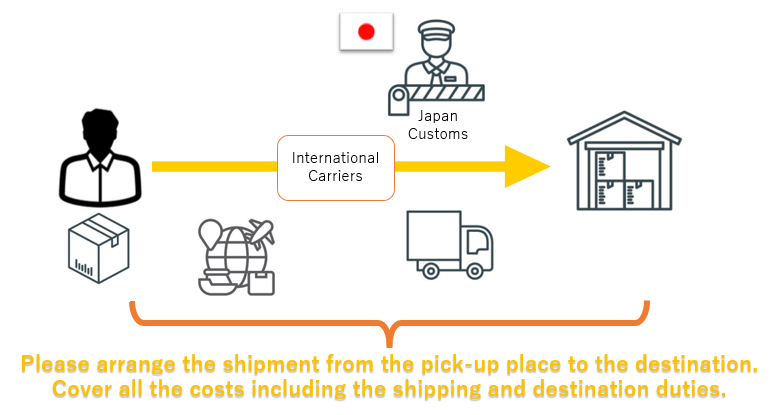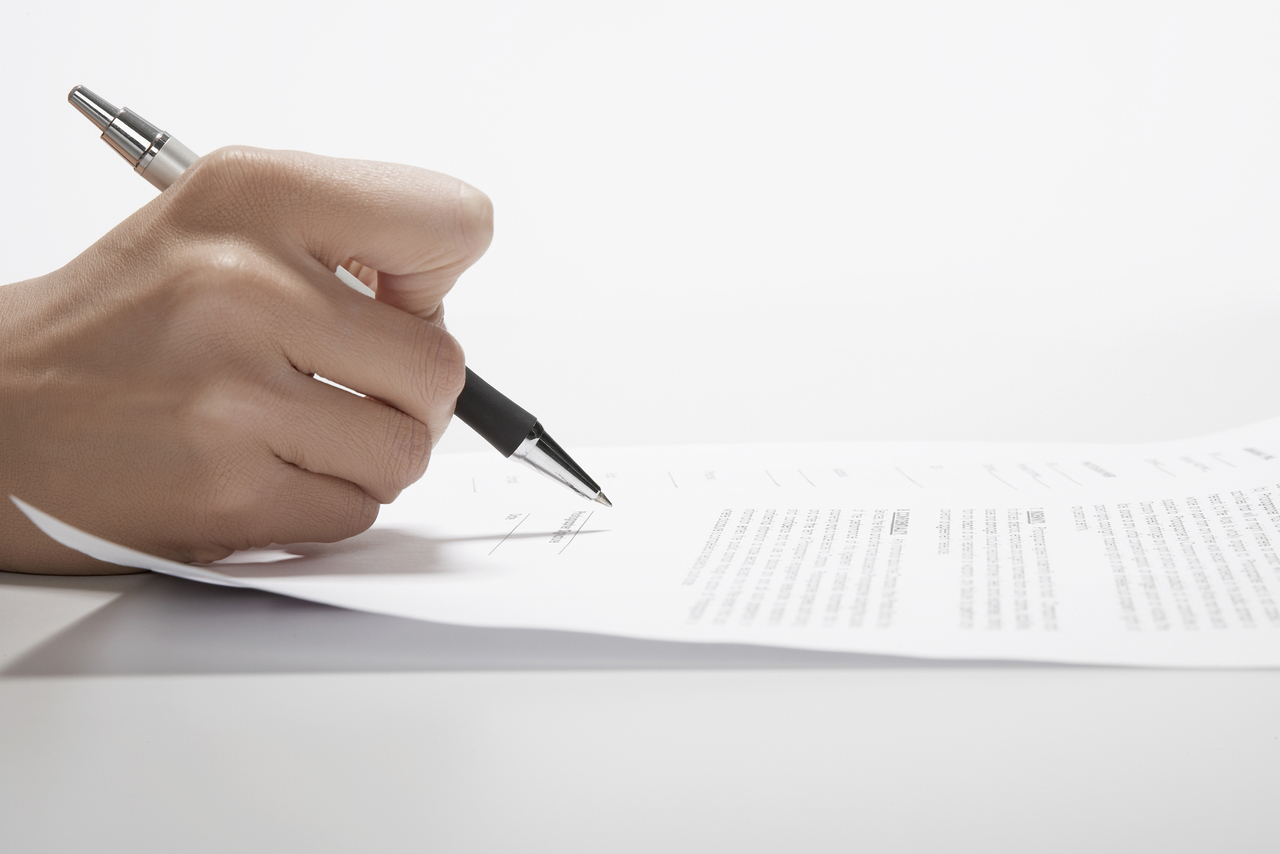Looking for an ACP? Have No Importer in Japan? We are Here to Help You!
Non-Resident Importers' Responsibilities
What would you do if you imported some products and sold them to other companies in your country? You would be required to arrange import customs agent, pay the import duties and taxes, arrange transportation to the destination, sell the goods to your buyer, and charge and file sales tax.
When you import as a non-resident importer in Japan, you will have the responsibility to perform the same roles as Japan-based importers. Let’s look at what exactly you will have to do to work as a non-resident importer.
Shipping Arrangement

Non-resident importers must arrange the door-to-door delivery from picking-up at the export country to delivery to the final destination. The trade term DDP(Delivery Duty Paid) is usually chosen, in which shipping costs and duties and taxes are all paid by the non-resident importer.
This shipping arrangement includes import customs paperwork and delivery inside Japan, however, it doesn’t necessarily mean that you will have to directly book everything on your end. Express couriers can arrange door-to-door delivery and does the customs paperwork on their own customs team in Japan. If you use freight forwarders for air and ocean shipments, please ask them for DDP shipment to the final destination, and they will use their Japan agent to process the operation in Japan.
It is very important to tell your couriers and forwarders to bill all the costs in Japan, including the import tax and duties, to yourself. The most common trouble with non-resident imports is that the carriers have to bill these to the physical recipients(warehouse) in Japan, because the tax payer is not correctly chosen. Your recipients can only physically receive the goods, and do not pay the duties for you, thus this may cause the customs procedure suspended or delayed, or extra storage fees due to the delay.
Import Duty and Tax
Even if the importers are non-resident and outside Japan, they have the obligation to pay the import duty and tax because they import the goods into Japan.
For the purpose of appropriate customs declaration and duty/tax payment, Japan Customs Office obliges non-resident importers to appoint a third party to monitor fair price declaration. This monitoring is the most essential role of an ACP, and duties and taxes are paid by the importer. Please follow the ACP's advice on the declaration values, because good ACPs have knowledge on fair price declaration.
Product Liability

Non-resident importers are liable for the products they import, just like resident importers are.
This means that importers have to ensure that their merchandise are legally possible to import and sell in Japan, and compliant with Japanese laws. Any dispute or other troubles must be solved by and at the cost of importers. The most important role of ACPs is to assist importers to pay the duties and taxes, and they are not in the position to ensure that the products are legal and compliant for import and sale in Japan. It's very important to note that the final liabilities to the products that you import are in you.
Tax After Importing in Japan

Whether you are resident or not, if you import and sell goods in Japan, you need to be aware of the second phase of taxation after import. That is the VAT(called consumption tax in Japan) on the sales that you sell in Japan. You can learn more about this at Point 3 of Taxes on Non-Resident Importers.
Accounting Responsibilities for Japan Tax Authority

Japanese law sets forth that any importer, either resident or non-resident, is obliged to keep the following accounting records for the periods(starting from the date of import) as specified below.
(1) Accounting Books (7 years)
Itemize the product names, quantities, prices, exporter's names, date of import, and import approval number, or any other existing accounting books or inward invoice book specifying such necessary information.
(2) Documentation (5 years)
Contracts, freight statement, insurance statement, packing instructions, price lists or agreements among you and your manufacturer or seller, and any other proof on the fair value of the merchandise that has been approved to import.
(3) Digital Data of Any Electronic Trading (5 years)
Digital proof of transaction if any transaction is taken digitally, by means of EDI, Internet purchase, or order by email, etc., stating any information that is generally included in regular purchase order or sales agreement)
When Japan Customs requests you to show the each document for Post-entry Examination, you should present them through your ACP.
Contact Us for Any Questions
お気軽にお問合せください

Call Us at お電話でのお問合せ
Contact us 24 hours via the form below.
問合せフォームは24時間受け付けております。お気軽にご連絡ください。
Updates 新着情報
2025年12月25日施行「電気用品安全法」及び「消費生活用製品安全法」の変更に従い、記載内容を一部更新しました。
2025年10月12日の輸入申告項目の追加に従い、記載内容を一部更新しました。
2023年10月1日の関税法基本通達改正に従い、記載内容を一部更新しました。
Our column page “Customs Specialist Eyes” is updated.
コラムを更新しました。
Our column page “Customs Specialist Eyes” is updated.
コラムを更新しました。
We’re now on Amazon SPN/Service Provider Network.
当ページ運営会社が、Amazon SPN(サービスプロバイダーネットワーク)に登録されました。
ホームページを公開しました

